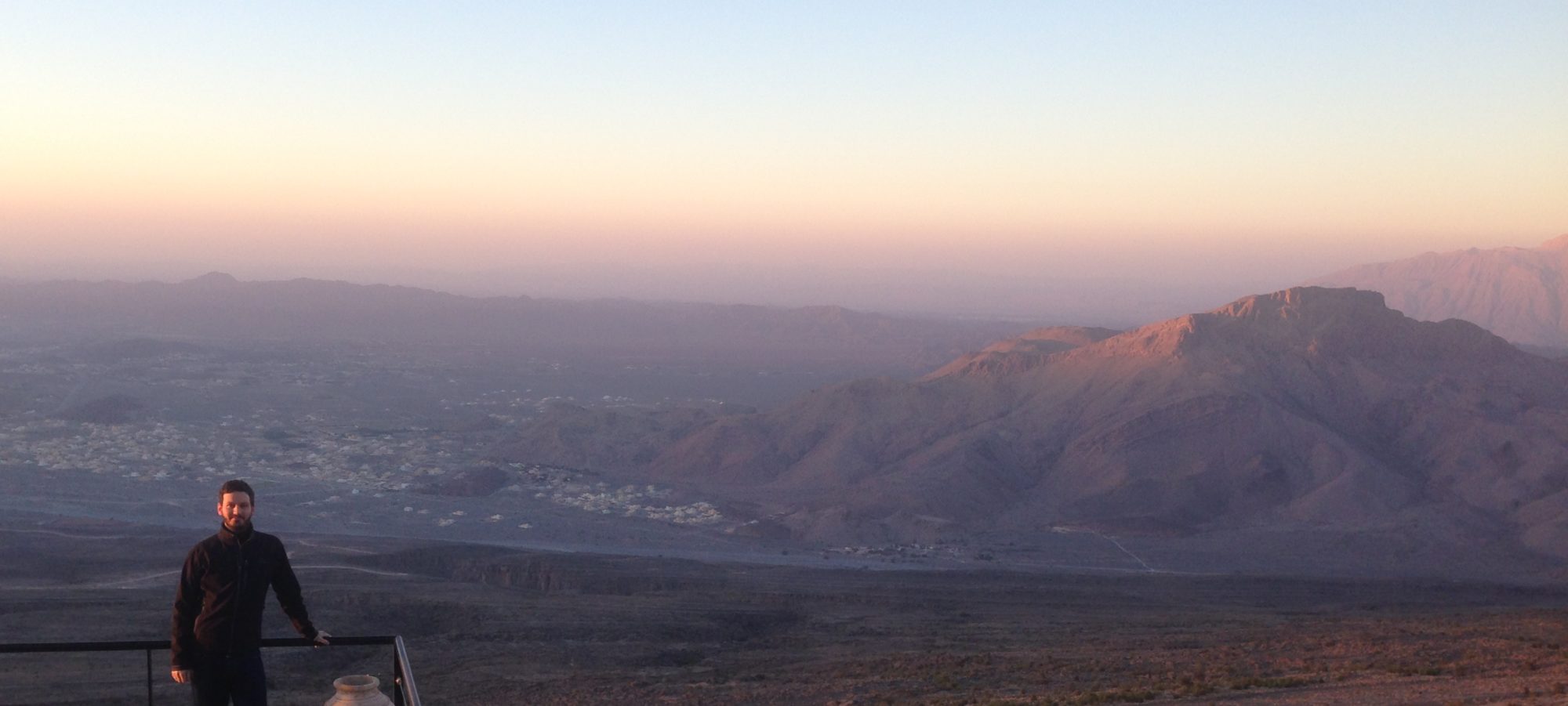Islands of Stability in Fragile States
Fragile states pose an enduring challenge to international security and development. Yet even in the weakest, most war-torn countries, remarkably stable regions exist. Take Iraq and Somalia, two nations characterized by severe, longstanding state fragility. Each has its own “island of stability“—the Kurdistan Region of Iraq, and Somaliland in northwestern Somalia—which have experienced sustained, high levels of security, compared to both similar regions and the national average. Consider also Afghanistan, where some governors were able to promote relative stability and modest development in their provinces for much of the two decades of US-led intervention in the country.
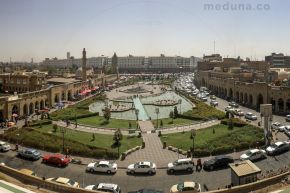
This project investigates why stable regions emerge and endure in fragile states. I answer this question in a series of articles and a book manuscript titled, Islands of Stability: Subnational Security and Development in Fragile States.
In the book, I argue that local populations in fragile states are better off if they are governed by what I call “bounded rulers”: political leaders who belong to a local majority group that is a national minority and, therefore, possess limited upward mobility. As a result, bounded rulers govern with a long time horizon and are able to enter into long-term cooperation with the local population, which improves security and basic services.
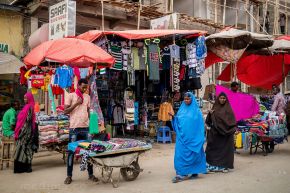
To test my theory of bounded rule, I leverage in-depth interviews with local elites in Afghanistan, Iraq, and Somalia, an original dataset on governors in these countries for causal identification, and existing surveys. My findings show that through effective cooperation between bounded rulers and their constituents, major regions in fragile states are able to maintain security, provide public services, and establish political accountability in the absence of strong democratic institutions. These leaders also tend to rely on more inclusive social contracts, which extend greater protection and opportunities to women and ethnic minorities.
Islands of Stability offers a new, groundbreaking perspective on how political order arises and persists in challenging contexts. By identifying effective subnational solutions to citizen needs, it charts a path toward stabilizing fragile states.
I thank the Weatherhead Center for International Affairs at Harvard University and New York University Abu Dhabi for their generous support of the project.
Related Publications
Bounded Rule and Regional Stability in Fragile States, Journal of Politics, 86:1 (January 2024), pp. 321-336 (with Kevin K. Troy).
How Missing Data Can Make the Global Fragility Strategy Work, Analysis, United States Institute of Peace, May 20, 2021 (with Calin Trenkov-Wermuth).
Is the Pandemic Decreasing State Capacity? Epicenter, Harvard University, Weatherhead Center for International Affairs, May 20, 2021 (with Alexandra Norris).
Afghans Don’t Need U.S. Troops. They Need Islands of Stability, Foreign Policy, April 20, 2021 (with Taylor Whitsell).
Measuring State Fragility: A New Approach to Identifying and Strengthening Vulnerable Countries, Epicenter, Harvard University, Weatherhead Center for International Affairs, October 2, 2020.
As the U.S. Gets More Involved in Somalia, Beware These Three Fallacies, Washington Post, July 18, 2017 (with Maximilian M. Meduna and Teresa Krug).
A Better Approach to Statebuilding: Lessons From “Islands of Stability. Foreign Affairs, January 2017.
News

On April 14, 2021 (1:20 to 2:50pm EDT), Kevin Troy and I will present our paper “Islands of Stability: Explaining Subnational Security in Fragile States” at the MPSA’s Annual Conference. We’re looking forward to comments from two outstanding discussants, Jason Lyall (Dartmouth) and Jonathan Renshon (Wisconsin-Madison).

On September 29, I presented my “Islands of Stability” project to the terrific ESOC group at Princeton University. Thanks to Jake Shapiro for the kind invitation.

I had the honor to present the project on the panel “Conflict, Cooperation and Statebuilding in Fragile Countries” at the first virtual Annual Meeting of the American Political Science Association in September 2020. The panel was chaired by Jim Fearon (Stanford University); Leo Arriola (UC Berkeley) served as discussant. It also included terrific presentations by Dorothy Kronick (University of Pennsylvania) on “policing police” and by Austin Wright (University of Chicago) on “security transitions”. Thanks to everyone!

Local Peacebuilding in Conflict-Affected Countries
I organized the panel “Beating the Odds: Local Peacebuilding in Conflict-Affected Countries” for the 60th ISA Annual Convention in Toronto, Canada from March 27th-30th, 2019.
I presented the latest findings from the project, alongside with Séverine Autesserre, Roger Mac Ginty, and Megan Stewart. Dipali Mukhopadhyay chaired the panel and Roland Paris was an excellent discussant.

Statebuilding and Insurgency in Conflict Zones
I was able to convene an outstanding panel for the 114th Annual Meeting of the American Political Science Association in Boston on August 31, 2018, where I presented findings from the islands of stability project.
I was joined by Jay Lyall (Yale) and Jake Shapiro (Princeton). Ken Schultz (Stanford) chaired the panel and Saad Gulzar (Stanford) served as our discussant.

Presentation at the WZB Berlin Social Science Center
On July 17, 2018, I gave a presentation on “Islands of Stability in Fragile States: Evidence from Afghanistan, Iraq and Somalia” at the WZB Berlin Social Science Center. Many thanks to all participants for their great feedback!

Resolving the Political Crisis in the Democratic Republic of the Congo
Séverine Autesserre cited findings from the “Islands of Stability” project at a US Congressional hearing:
“Extensive scholarly and policy research proves that bottom-up peace approaches have increased peacebuilding effectiveness in various conflict zones. They have even contributed to prosperity and stability (including strong state institutions) in parts of Somalia, Afghanistan, and Iraq.”
Field Research
Photography by Maximilian M. Meduna © meduna.co (Somaliland and Kurdistan) and Haseebullah Bakhtary (Balkh Province)
-
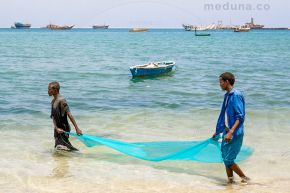
Somali Fishermen in Berbera -

Hargeisa Street Market -

School Children in Somaliland -
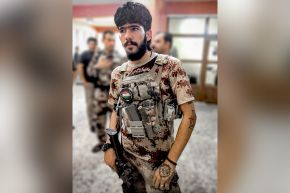
Pershmerga, 70s Division, Sulaymaniyah -

Downtown Erbil -
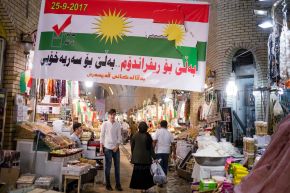
Kurdistan Independence Referendum -
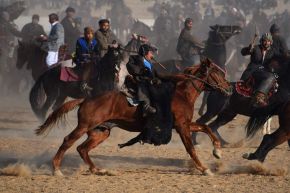
Game of Buzkashi, Afghanistan -
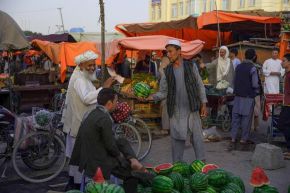
Balkh Province of Afghanistan -
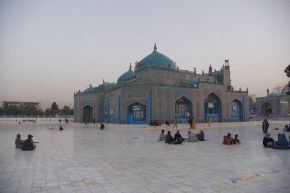
Mazar-e Sharif, Balkh Province
